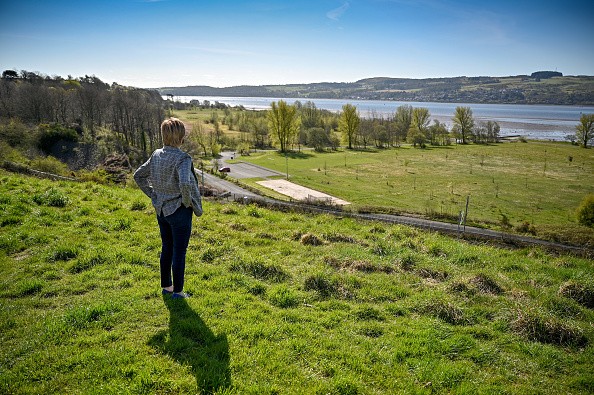Two-thirds of the wildlife in the world has been lost over the last 50 years. About 40 per cent of the species of plant are menaced with extinction and experts say we may be losing them quicker than they can discover, name, and study them. To combat this, Scotland is currently practicing 'rewilding' in order to conserve and preserve nature.

Interrelated Species
Our world exists in a balance and, with a lot of species disappearing or lost, that balance is under menace. Bringing back this natural mosaic of interconnected species is crucial to the health of the planet and ours in time to come, scientists says. Active conservation efforts, high-tech carbon capture solutions, and tree planting strategies, all look to assist in tackling climate crisis and biodiversity loss.
But a large number of individuals believe that the only way to restore what we've lost is by undoubting natural environments to recover themselves - a process known as rewilding. For some, it can be a controversial issue with anxieties about the apex predators reintroduction like the Eurasian Lynx and wolves.
The developing conservation movement, however, has discovered specific resonance with one European nation. It stopped trees like willow and aspen from getting to maturity. That, in turn, implies songbirds lost their home and beavers no longer possess materials with which to construct their dams.
Yellowstone's Wolves
Riverbanks began to destroy and water temperatures increased without the natural tree shade. The loss of Yellowstone's wolves led to a cascade effect on the entire ecosystem of the park.14 wolves were caught in 1995, in Jasper National Park, Canada, and conveyed across the border by officials of wildlife.
They were adapted to their new environment and then freed into the park to substitute those lost in the previous centuries. Within 20 years, their numbers had increased and the renewed existence of this apex predator had begun to get balance back to Yellowstone. Now the reintroduction is taken as a model for how apparently little steps like these can assist in healing the natural environments that have been ravaged.

Widespread Assistance for the Principle of Rewilding
So could steps like these work for a different ecosystem going through the impact of centuries of destructive actions of humanity? Steps like: Committing to 30 per cent rewilding of the public land, Establishing a community fund to assist rewilding in cities and towns, Backing the keystone species reintegration like bringing back the Eurasian Lynx and rehoming beavers where there is local support, Creating a coastal zone in places where trawling and dredging are prohibited, Introducing a plan to check the population of deer, permitting land to recover from overgrazing.
The Scottish public supports the idea too. The SWA commissioned a poll across Scotland last year which discovered widespread assistance for the principle of rewilding. Over three-quarters of individuals who expressed a point of view backed the concept, ten times as much as those who opposed it.
Related Article : Study: Legal Trade Still Poses Threat To Many Wildlife Species
For more news, updates about rewilding nations and similar topics don't forget to follow Nature World News!
© 2025 NatureWorldNews.com All rights reserved. Do not reproduce without permission.





